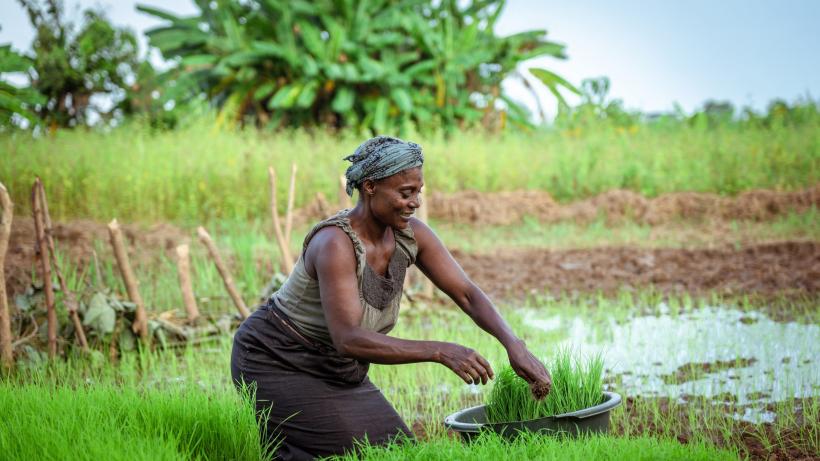Global food systems face mounting threats from climate change, geopolitical tensions, water scarcity, and soil degradation. Despite strides in agricultural innovation, food insecurity continues to affect nearly 300 million people worldwide. Climate-smart agriculture (CSA), designed to enhance resilience and productivity while mitigating climate impacts, has emerged as a vital solution. Yet, its adoption, especially among smallholder farmers in developing regions, remains hindered by financial barriers.
CSA encompasses a range of sustainable practices such as agroforestry, regenerative agriculture, integrated pest and nutrition management, and the use of climate-resilient seeds and smart irrigation. However, financing these innovations remains a major challenge. Climate-smart agricultural finance loans, grants, bonds, or equity targeted toward CSA aims to support farmers and agricultural systems in adapting to climate impacts. While public institutions like the World Bank lead in providing CSA finance, overall funding remains disproportionately low, with agriculture receiving less than 5% of global climate finance.
The funding gap exists largely due to perceptions of low profitability and high investment risk in agriculture, particularly in emerging markets. Many investors are deterred by challenges such as insufficient digital infrastructure, lack of risk assessment tools, and absence of standardized sustainability metrics. These issues reduce transparency and increase uncertainty around outcomes, further dissuading private-sector involvement.
Bridging the CSA finance gap requires a systemic shift. Governments and development banks must collaborate to address foundational barriers improving access to electricity, internet, and roads to enable digital tools that drive productivity and data collection. Public funding can also establish climate-insurance schemes to safeguard farmers against shocks, ensuring they can repay loans despite adverse weather events.
Standardizing sustainability metrics across regions and crops is critical for increasing investor confidence. Supporting research institutions and startups focused on improving monitoring tools can facilitate this. Additionally, innovative financing strategies such as blended finance, insurance-linked investments, capital recycling, and public guarantees can reduce risks and attract private capital.
Joint ventures between public and private entities, backed by strong governance mechanisms, can improve transparency and accountability in CSA projects. Performance-based incentives, such as interest rate reductions for successful projects, may further encourage responsible borrowing and effective fund use.
Ultimately, unlocking climate-smart agricultural finance is key to securing global food systems. Addressing funding gaps through coordinated action, innovative tools, and targeted investments will determine whether agriculture can rise to meet the dual challenges of climate resilience and food security.

